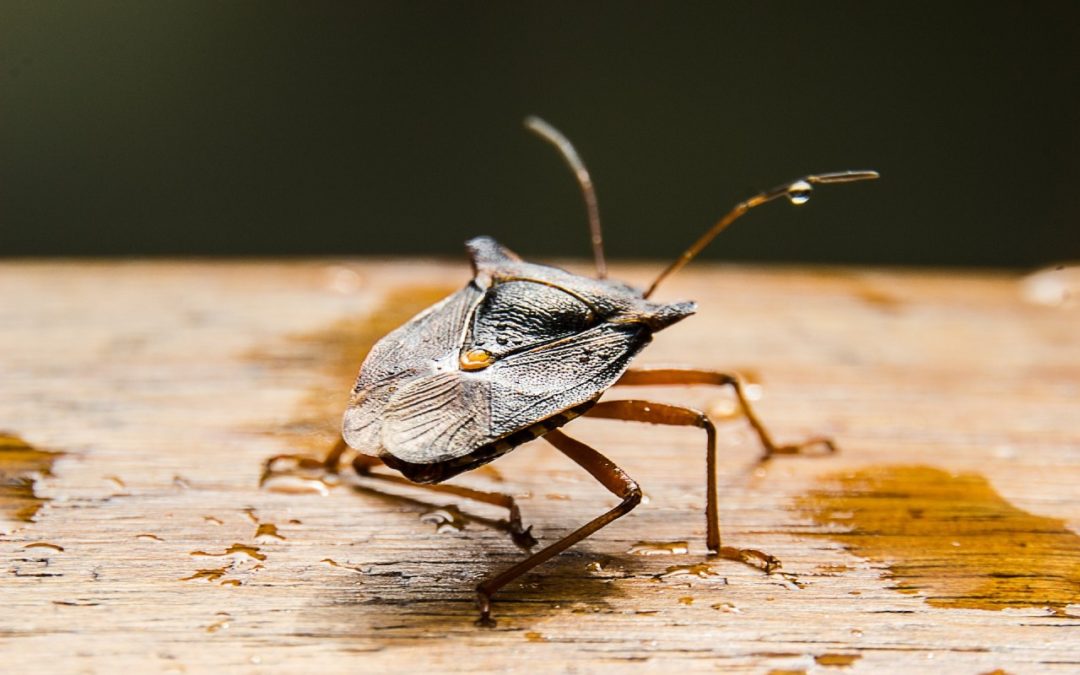A comprehensive guide to handling stink bugs in winter when they move into your home
Stink bug sightings take a generally innocent tone. You see them crawling in your home and, since you don’t want to crush it, you make your tactical movements to bring it outside or push it out a window. But what you may not know that when you see those stink bugs in winter is that they can be a sign that you could have a bigger problem on your hands in the future.
No matter how threatening or innocent they seem, you don’t want any bugs crawling around in your home. The interesting thing is that stink bugs, generally speaking, aren’t so interested in getting into your home. They are merely looking for some shelter from the cold winter, which they usually find in attics, window moldings, cracks in siding, or storage areas.
If they are making their way into your living areas, it is usually by accident, but it can still be a sign that you should take action.
What are stink bugs in winter doing?
When stink bugs find a location to spend their winters, they will release a pheromone to attract other stink bugs to the area. Don’t worry—this is not the same as the stench you might know from crushing stink bugs, and they won’t be mating in your home during the winter.
Stink bugs in winter only find places to hide and then wait until the arrival of spring to reproduce. Otherwise, stink bugs spend winter in diapause where the bugs won’t do much of anything. So, you might wonder, why do I see stink bugs wandering in my house during the winter?
These bugs, as with many animals and insects, respond to the changes in season. Unseasonable warmth can confuse them and make them active. This confusion can especially occur if they made the mistake of wandering into a particularly warm part of your home.
Now, what should you do?
Seeing stink bugs in winter is not an immediate threat to you or your home unless you release their stench by crushing them. What could be a problem is if there are more of them hiding in parts of your home, prepared to mate and reproduce when springtime comes.
Many other insects follow the early spring mating season, and it is in your best interest to be proactive while you can get ahead of your pest problem before it becomes a real problem. This makes that late winter and early springtime the best time to have your home treated and sprayed. Still, not just any spray will do.
Getting rid of bugs when they are fewest and most vulnerable is only a great idea when you’re using the right treatments. Chemical sprays might kill your bug problem, but they can also harm you, your family, and your pets.
The natural ingredients that Kinder Spray utilizes are the most effective in eliminating your bug problems, preventing them from coming back, and they work without causing harm to the people and pets you care about.
Each home is different and will need various services. Contact us to set up your free consultation and explore all of our home and yard maintenance packages.
Sources:
Image by Cor Gaasbeek from Pixabay

